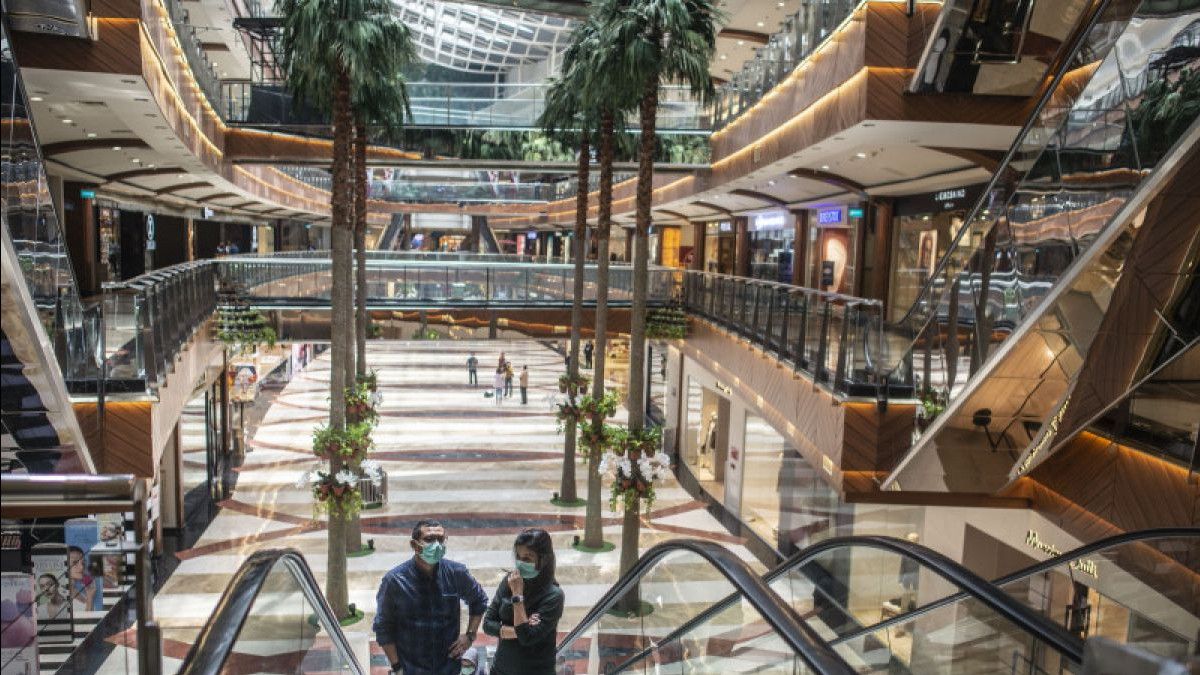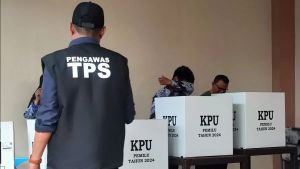JAKARTA - The Indonesian Shopping Center Management Association (APPBI) said that the occupancy of shopping centers could return to 90 percent this year if illegal imports that interfere with the domestic trade climate can be eradicated by the government.
"Actually, what interferes with local products are illegal goods. There are many illegal goods, both online and in-person, such as used clothes and so on that interfere with local products," said APPBI Chairman Alphonzus Widjaja during a press conference in the Kuningan area, South Jakarta, quoted Friday, January 19.
Alphonzus revealed that the occupancy of shopping centers before the Covid-19 pandemic reached 90 percent, then fell 20 percent to 70 percent during the Covid-19 pandemic.
Once the pandemic status is revoked, retailers are optimistic that the occupancy rate will continue to improve. It is proven that the occupancy in 2023 will increase to 80 percent and is targeted to reach 90 percent again in 2024.
The increase in occupancy was also accompanied by the opening of a number of malls targeted before Lebaran 2024. Even so, Alphonzus said, the target of increasing occupancy and opening of new shopping centers was threatened with not being achieved due to the increasing number of illegal products.
In addition, there are also the latest regulations that are considered by APPBI to be increasingly tightening the import process. The regulation in question is the Regulation of the Minister of Trade (Permendag) Number 36 of 2023 which reorganizes import policies by shifting import supervision from post-border to border.
SEE ALSO:
"This official import will now be limited, complicated, in other words, these imported goods. However, those affected, right, in fact, if this official import is a retail business actor whose brand is clear, the company is clear, the process carried out by them is also a clear import process, paying taxes is also clear. What we are worried about is that this import restriction is carried out massively," he said.
According to Alphonzus, if legal imports are too tightened, he is worried that retailers will switch to illegal imports, which actually makes the price of imported products cheaper and suppresses local products.
Therefore, continued Alphonzus, his party suggested that the government tighten illegal imports and provide incentives to domestic products so that they can compete with imported products.
"Our proposal to the government is that this local product must be supported by providing facilities, convenience and so on so that it can compete, not by limiting imports (legally)," he added.
The English, Chinese, Japanese, Arabic, and French versions are automatically generated by the AI. So there may still be inaccuracies in translating, please always see Indonesian as our main language. (system supported by DigitalSiber.id)
















